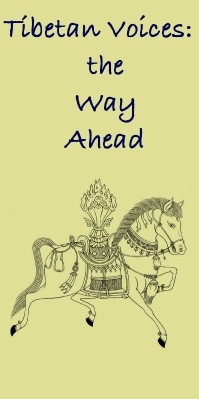Put human rights at the centre of our agenda
by a Tibetan who grew up in India
Although I am a Tibetan, that is, always in a minority and often in situations of injustice, I try to be an optimist and I believe in non−violence, dialogue, and respect, and I seek a genuine autonomy for Tibet.
More than ever, Tibetans in Tibet — who, by official accounts, have exceptionally high rates of illiteracy and poverty — need good education, freedom of religion, socio−economic rights, and scope to preserve their own language and culture. I refer specifically to Tibetans because the regional statistics are skewed by the other ethnic groups that have immigrated to the cities of Tibet.
The protests which have spread across Tibetan areas this year sprang from a resentment rooted in fifty years of neglect and abuse. As members of an open and free society, we Tibetans of the diaspora must put the human rights of Tibetans at the centre of our agenda. We must not hesitate to condemn China for violating those rights and spurning a genuine and official dialogue with the Dalai Lama. Information, objective information, is the strongest weapon in the arsenal of non−violence. I believe that if we keep providing that information, international public opinion will lead to change in Tibet.

